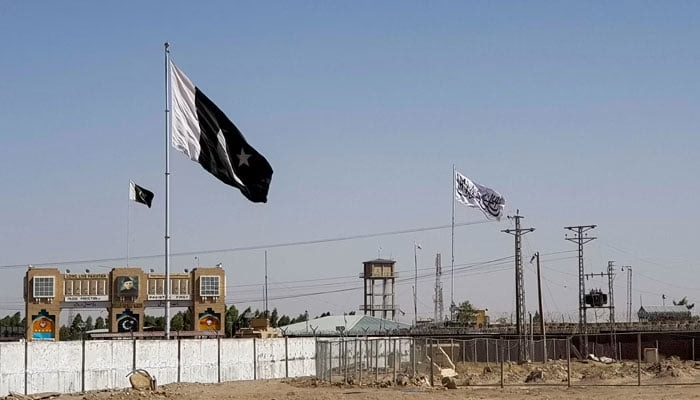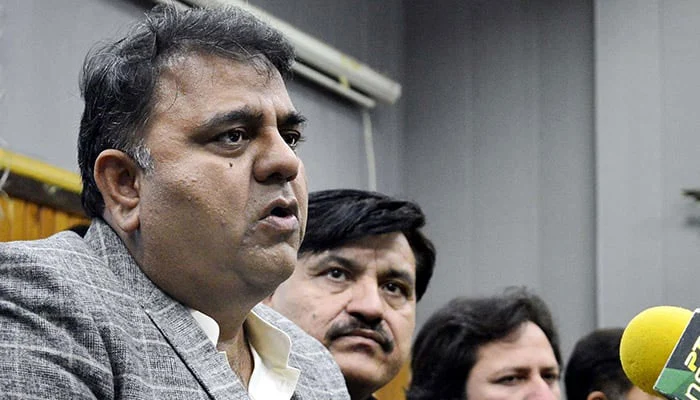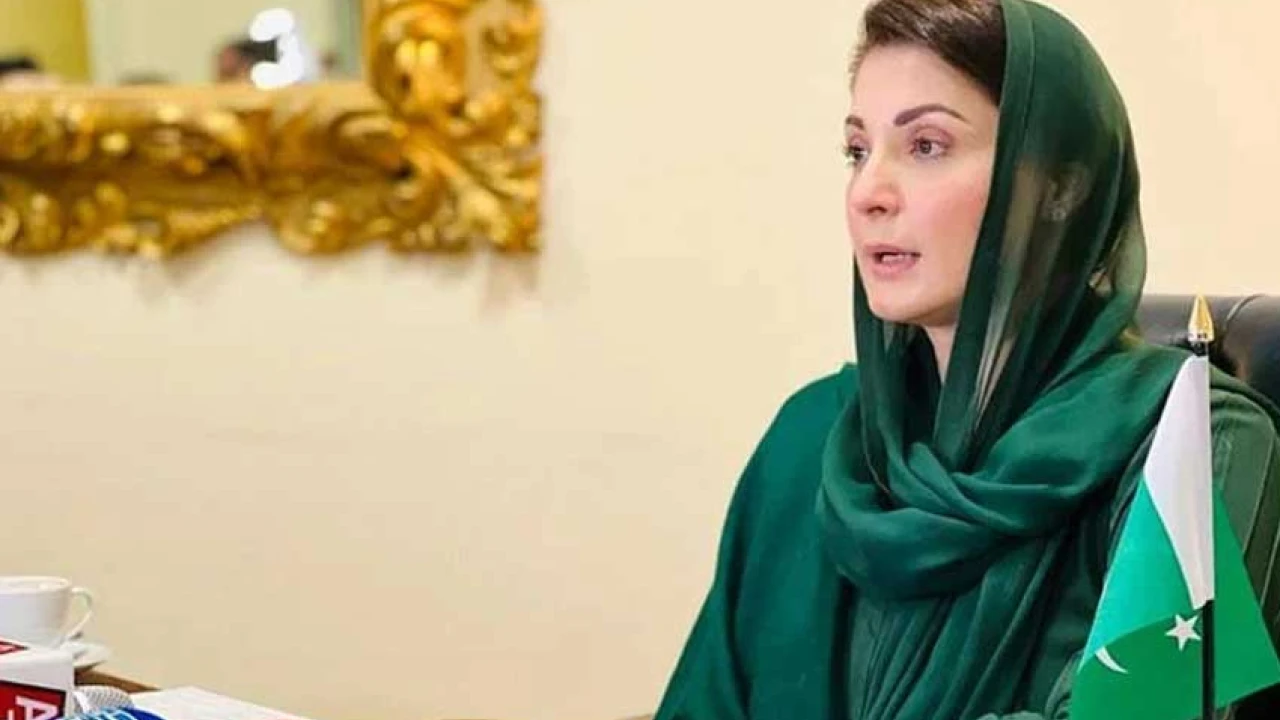In a significant step toward enhancing regional diplomacy and cooperation, Prime Minister and Foreign Minister Ishaq Dar has announced the upgradation of Pakistan’s diplomatic mission in Afghanistan from a Chargé d’Affaires level to a full-fledged ambassadorial post. This pivotal decision marks a major shift in Pakistan’s foreign policy posture toward its neighbor, with hopes pinned on improved trade, economic collaboration, and security coordination.
Speaking at a press briefing, Ishaq Dar emphasized that the move is aimed at deepening bilateral cooperation on multiple fronts, particularly focusing on trade and regional security. We believe this decision will help build a more structured and consistent diplomatic engagement between both nations,Dar remarked.
A New Era in Pak-Afghan Relations
The announcement comes on the heels of Dar’s recent visit to Kabul on April 19, 2025, which he described as constructive and forward-looking. Following his meetings with Afghan leadership, both sides reportedly expressed a mutual desire to reset their relationship, focusing on shared interests and a peaceful future.
This is not just a symbolic move, Ishaq Dar stated. The presence of a full ambassador in Kabul will allow for more meaningful and proactive diplomatic interaction. We hope this step will pave the way for expanded economic opportunities, increased people-to-people contact, and more effective mechanisms to tackle cross-border challenges.
From Chargé d’Affaires to Full Ambassador: Why It Matters
Until now, Pakistan’s embassy in Kabul operated under a Chargé d’Affaires, a diplomatic rank below that of ambassador. This interim arrangement, which often signals limited engagement or cautious diplomacy, has been in place for several years due to political instability and security concerns in Afghanistan.
By elevating its mission to the ambassadorial level, Pakistan is signaling its renewed confidence in Afghanistan’s political landscape, as well as its own commitment to regional stability. The move is expected to enhance diplomatic effectiveness, enabling broader representation at multilateral forums and facilitating more high-level discussions between the two nations.
Trade and Economic Cooperation in Focus
One of the most immediate and tangible areas expected to benefit from this development is bilateral trade. Dar highlighted that increasing trade volume and simplifying customs processes are top priorities for both governments. Currently, Pak-Afghan trade stands at around $1.5 billion annually, but both sides have expressed a desire to double this figure within the next two years.
Enhanced embassy-level coordination could help address key trade barriers, such as border transit issues, tariffs, and security-related delays. There is also growing interest in joint economic zones, infrastructure projects, and cross-border energy cooperation that could be accelerated with stronger diplomatic representation.
Security Collaboration to Be Strengthened
Apart from economic matters, the ambassadorial upgrade is also expected to improve intelligence-sharing and border security cooperation, both of which have been points of tension in recent years. With a more empowered ambassador on the ground, Pakistan hopes to set up formal mechanisms for regular dialogue on counterterrorism, smuggling, and cross-border movement of militant groups.
This move may also aid in better coordination over the return and repatriation of Afghan refugees, a long-standing issue for both nations. Pakistan continues to host a significant Afghan refugee population, and enhanced diplomatic channels could pave the way for mutually agreeable solutions.
Regional Implications
Analysts believe the diplomatic upgrade is also a signal to regional and international stakeholders, including China, the United States, and Russia, that Pakistan is committed to constructive engagement in Afghanistan. As global interest in Afghanistan’s stability continues, Pakistan’s proactive role is likely to be closely watched.
A Diplomatic Reset?
This latest development appears to be part of a broader diplomatic reset in Pakistan’s foreign policy toward Afghanistan, characterized by pragmatism and long-term vision. Ishaq Dar’s dual role as Prime Minister and Foreign Minister has brought renewed focus to foreign policy, with Afghanistan identified as a priority neighbor requiring consistent engagement.
The decision to upgrade Pakistan’s embassy in Afghanistan to an ambassadorial level is a strategic and timely move, intended to foster stronger diplomatic, economic, and security ties. While challenges remain, this step lays the groundwork for a more stable and collaborative future between the two countries. As Ishaq Dar aptly noted, “The time has come to move from managing tensions to building trust.”



